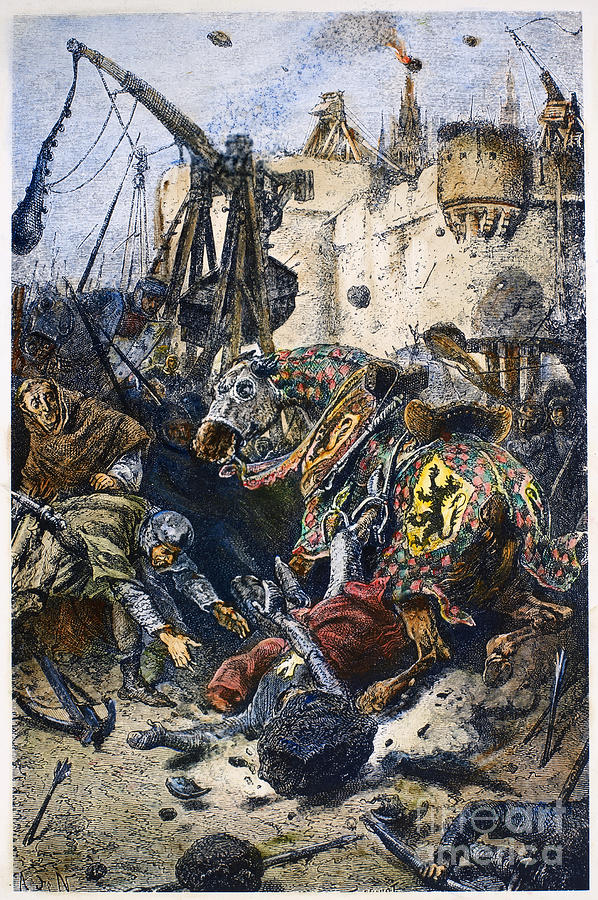
Simon De Montfort Photograph by Granger
Simon de Montfort was a French nobleman who became an important figure in English politics during the 13th century. He led the opposition against King Henry III and established a parliament, which included commoners, for the first time. In 1265, he defeated the King's army at the Battle of Lewes and became the de facto ruler of England.
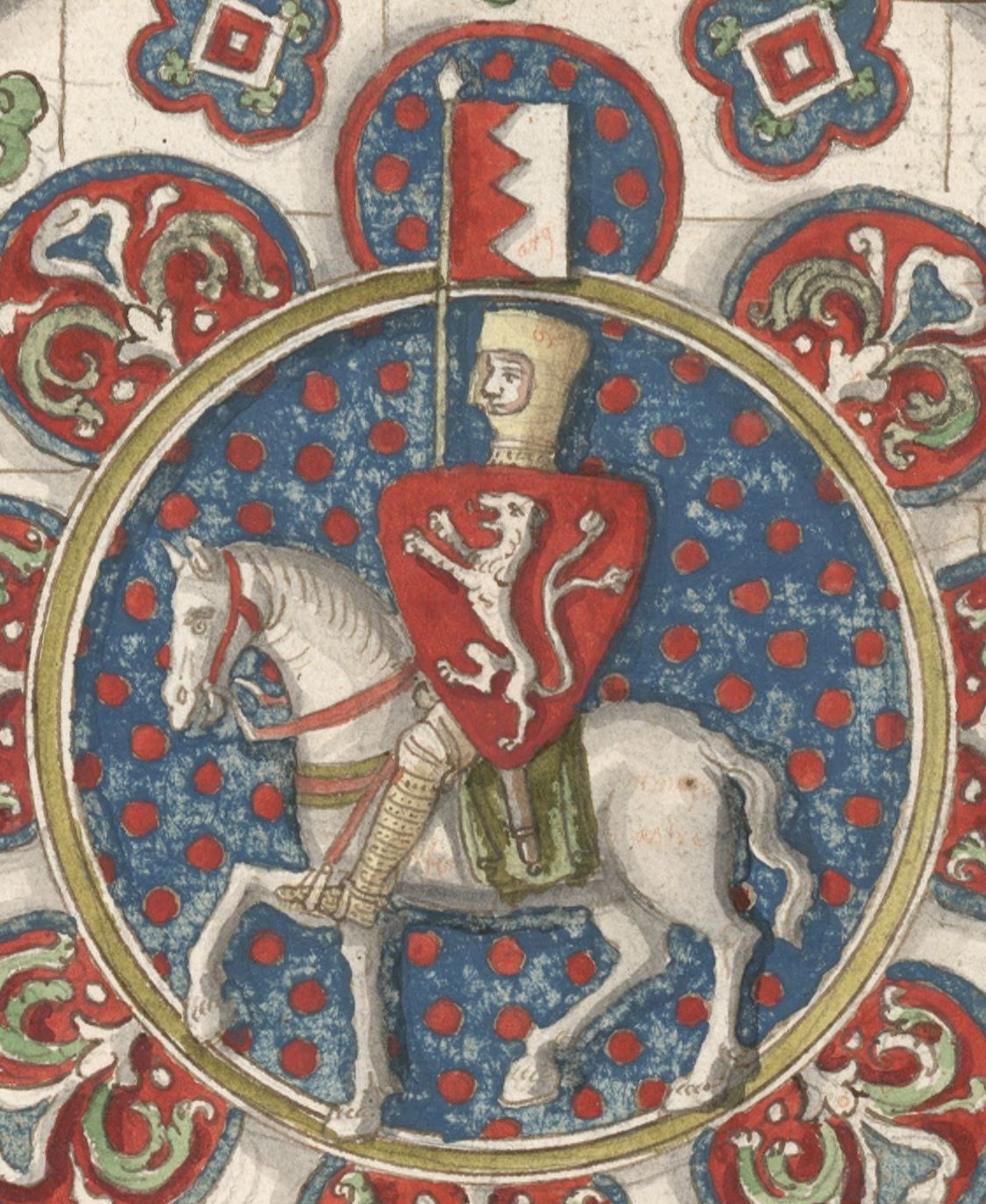
Simon de Montfort A man ahead of his time Titles for Sale by Manorial Counsel
Nowadays the name De Montfort is most likely to be associated with the music venue or university. The man behind the name is Simon de Montfort, who was the Earl of Leicester in the 13th Century. His statue is passed by countless thousands every day as he stands on the city's Clock Tower.
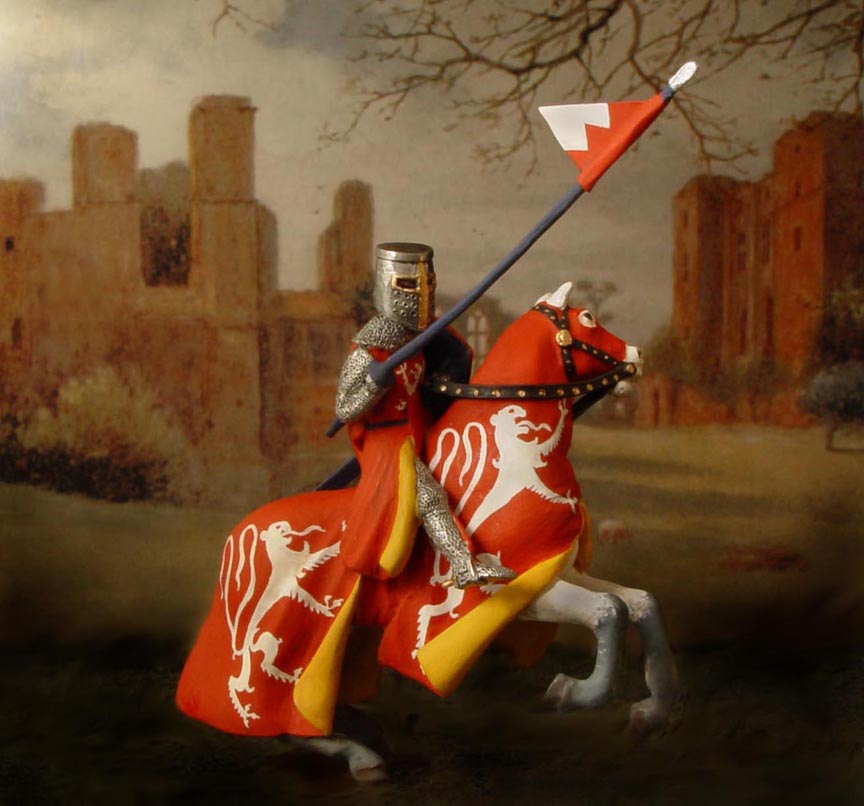
Simon de Montfort, Earl of Leicester Kenilworth History and Archaeology Society (KHAS)
This paper surveys the political career and personal life of Simon de Montfort. Derived largely from the author's biography of Montfort, it lays stress on his initial position as an outsider in English politics whose military abilities, diplomatic usefulness and personal charisma fostered his rise to power at the court of Henry III, but who subsequently fell out with the king and eventually.

Mark Stacey. Simon de Montfort at the battle of Evesham). Средневековая история, Средневековые
Simon de Montfort, earl of Leicester, was a French noble who came to England in the 1230s and received lands from King Henry III who was around the same age. Simon controversially married the king's sister at a time when marriages of the aristocracy were strictly controlled by the king. Henry III however, accepted the marriage and Simon became.
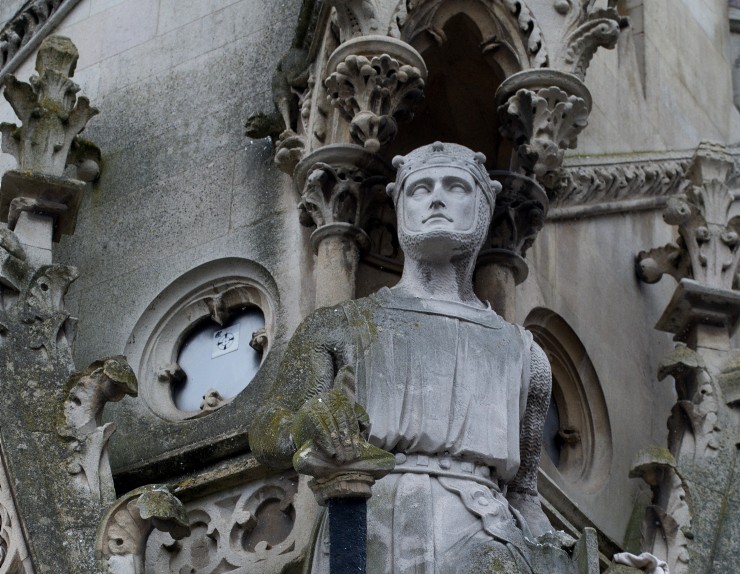
10 Facts About Simon de Montfort History Hit
Henry's attempt to overturn these and the subsequent coup of Simon De Montfort, who then ruled the country through parliament, underlines the importance of this early council.
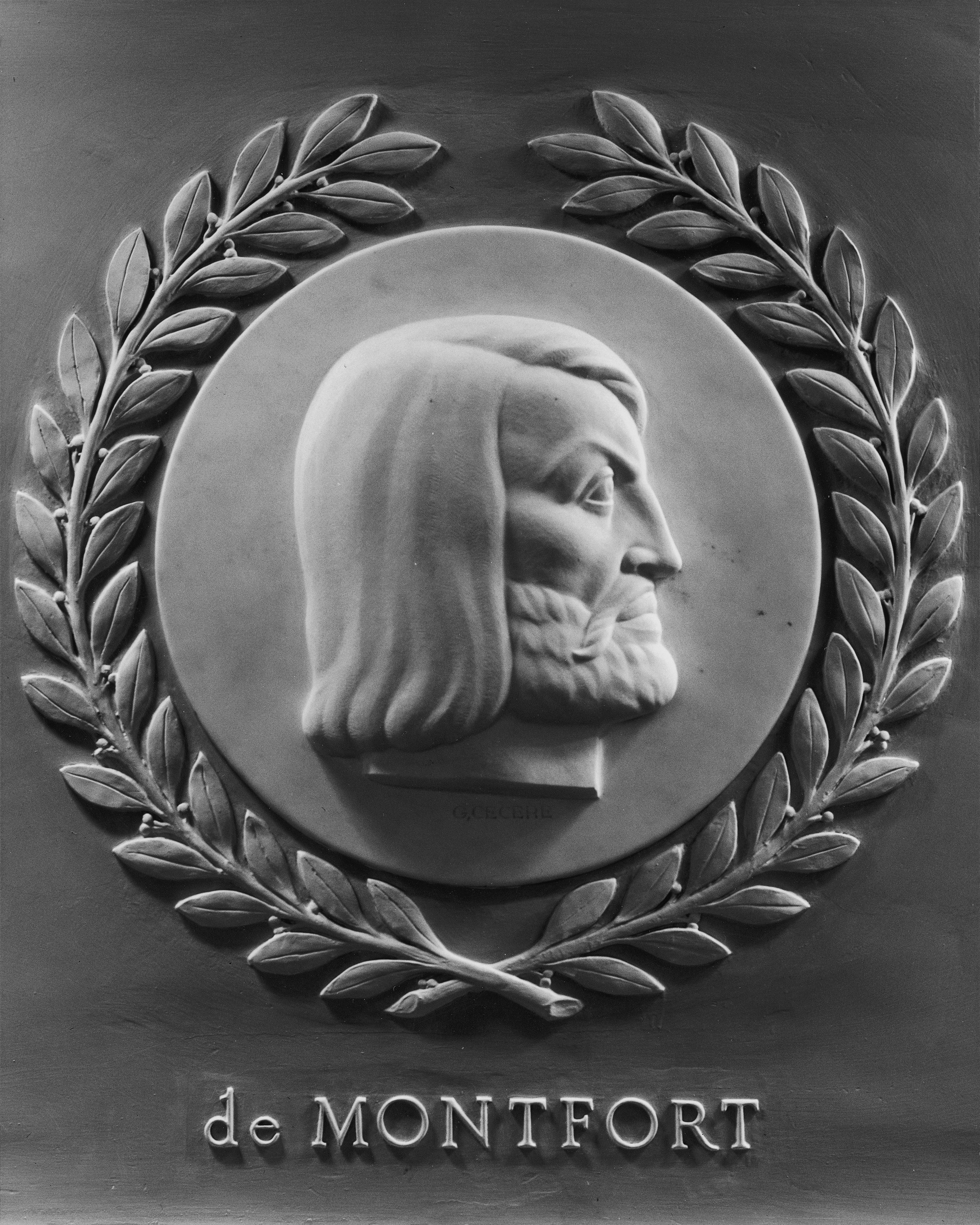
Simon de Montfort Architect of the Capitol
It was Simon de Montfort, the rebel earl of Leicester, who was in control, having seized power the year before. Montfort, who called the January Parliament, was the leader of a political faction.
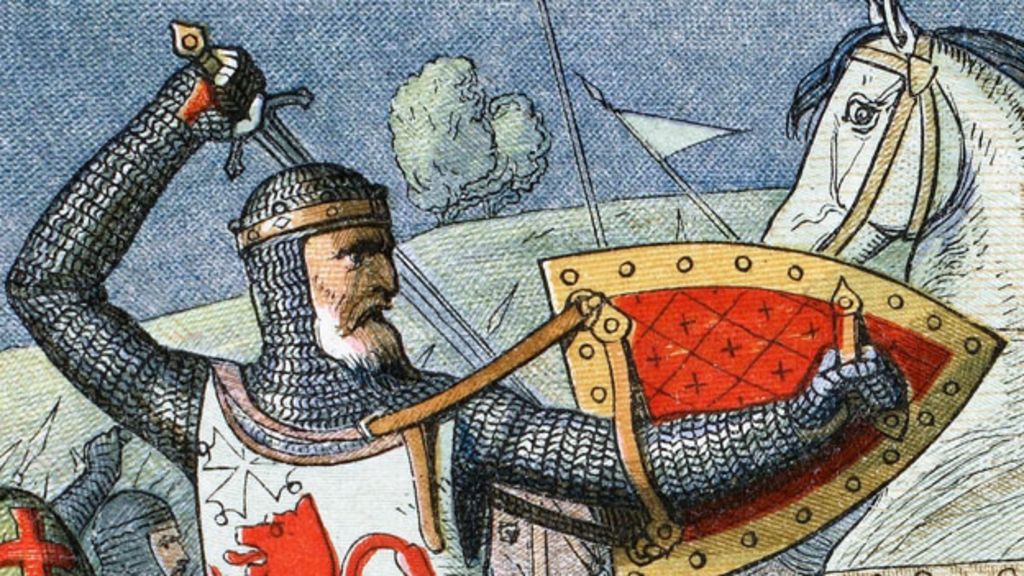
Simon de Montfort The turning point for democracy that gets overlooked BBC News
Simon de Montfort, 5th Earl of Leicester (c. 1175 - 25 June 1218), known as Simon IV (or V) de Montfort and as Simon de Montfort the Elder, was a French nobleman and knight of the early 13th century. He is widely regarded as one of the great military commanders of the Middle Ages.

The baronial revolt led by Simon de Montfort against King Henry III Britannica
Simon de Montfort was born around the year 1208 in northern France, the younger son of French nobles. In the late 1220s, he gave up his entitlements to any family lands to his older brother, in return for the right to claim the Montfort inheritance in England. De Montfort travelled to England to claim the lands and title of Leicester, through.
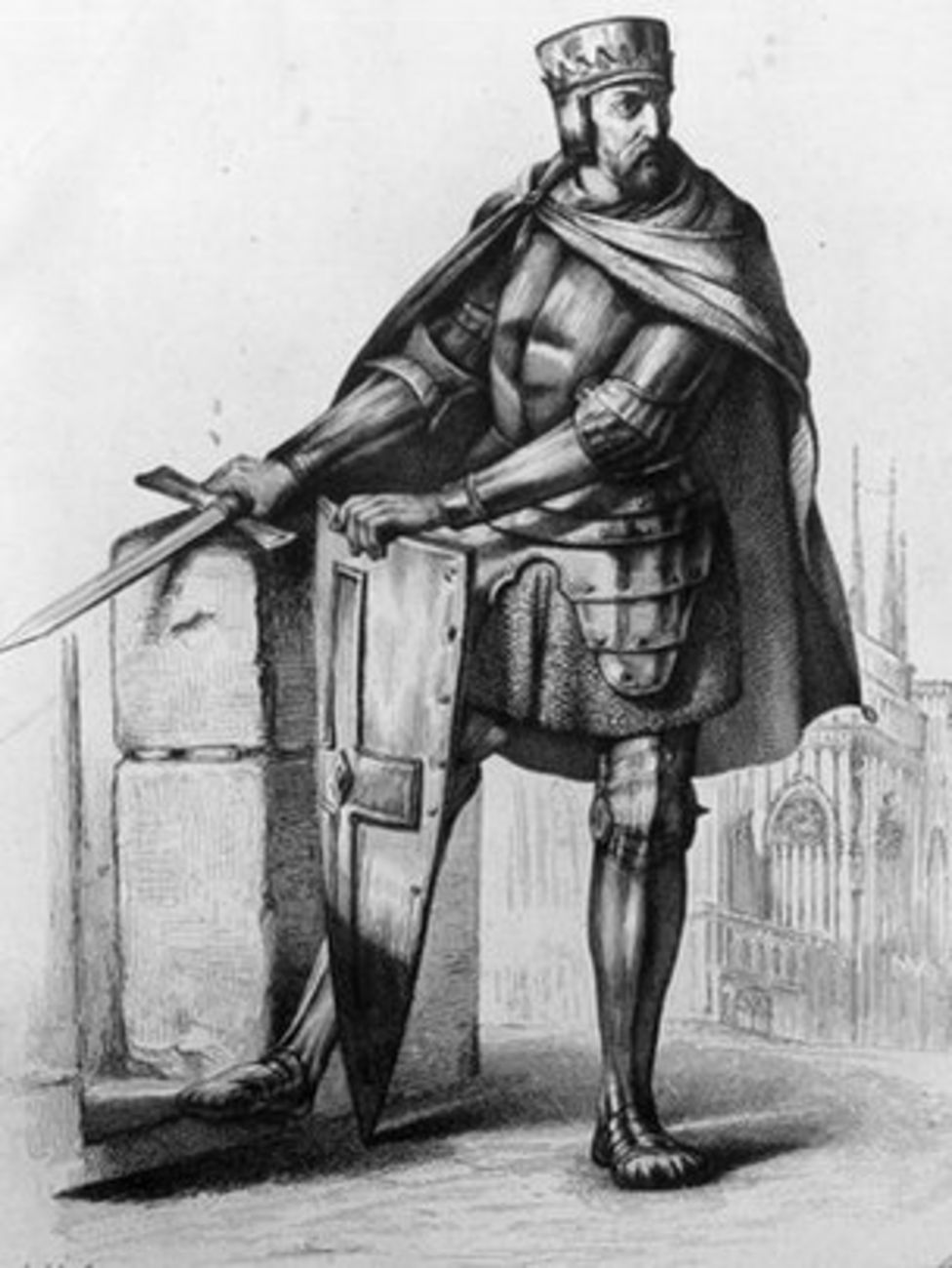
Simon de Montfort The turning point for democracy that gets overlooked BBC News
Simon de Montfort's Parliament represented a crucial step on the path to parliamentary democracy. For the first time, it brought together representatives from different towns and cities - a principle which can be seen reflected in the make-up of the modern House of Commons.

Portrait of Simon de Montfort, 5th Earl of Leicester , Seigneur de... News Photo Getty Images
Simon de Montfort born in 1208, was born in Montfort in France. The youngest son of his father, also called Simon, the young French nobleman was not set to inherit any of his fathers lands but, that wouldn't stop young Simon becoming one of the most well known and influential men of the 13th century.
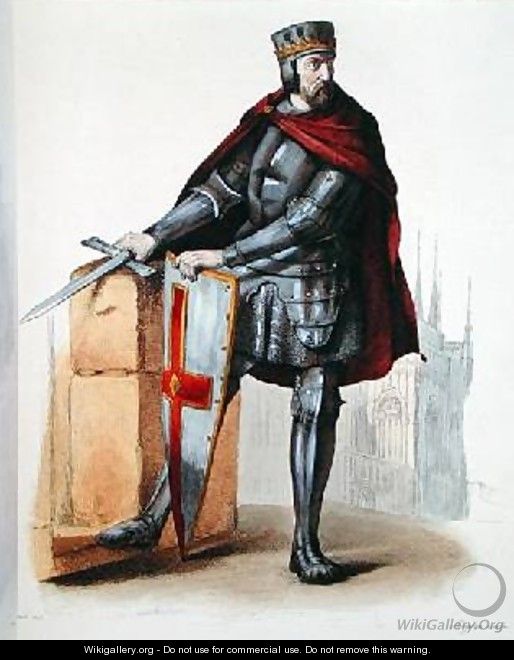
Simon de Montfort 11501218 (after) Langlois E. the largest gallery in the
Simon de Montfort, Earl of Leicester was a favourite of King Henry III until they fell out and Simon rebelled. He has long had a reputation as the founder of the House of Commons and the father of parliamentary democracy. Here are 10 facts about this fascinating character. 1. Simon came from a famous French crusading family

Simon de Montfort, 6th Earl of Leicester in languedoc 5 simon de montfort 5th earl of
Simon de Montfort, wholly French by birth and education, was the son of Simon de Montfort l'Amaury, leader of the Crusade against the heretical Albigenses. On coming of age, he renounced to his eldest brother, Amaury, his claims on the family lands in return for the sole right to revive the Montfort claim to the English earldom of Leicester .

The Song of Simon de Montfort by Sophie Thérèse Ambler review the tenacious rebel who took on a
The parliament was instigated by Simon de Montfort, Earl of Leicester, the leader of the baronial rebellion against King Henry III. Simon had defeated Henry III and his forces in battle at Lewes in May 1264, and as a result was in charge of the government - though he was still ruling in the name of the king, who was his captive..

Simon de Montfort, 6th Earl of Leicester image
A Lasting Legacy. Simon de Montfort, the founder of England's Parliament, was the foremost knight and military strategist of his time. Friend of Saint Louis, thorn in the side of the Plantagenets, he was chosen viceroy by Prince Richard's crusaders and the Christian lords of Palestine. He served as Regent of France, but rejected the Crown.
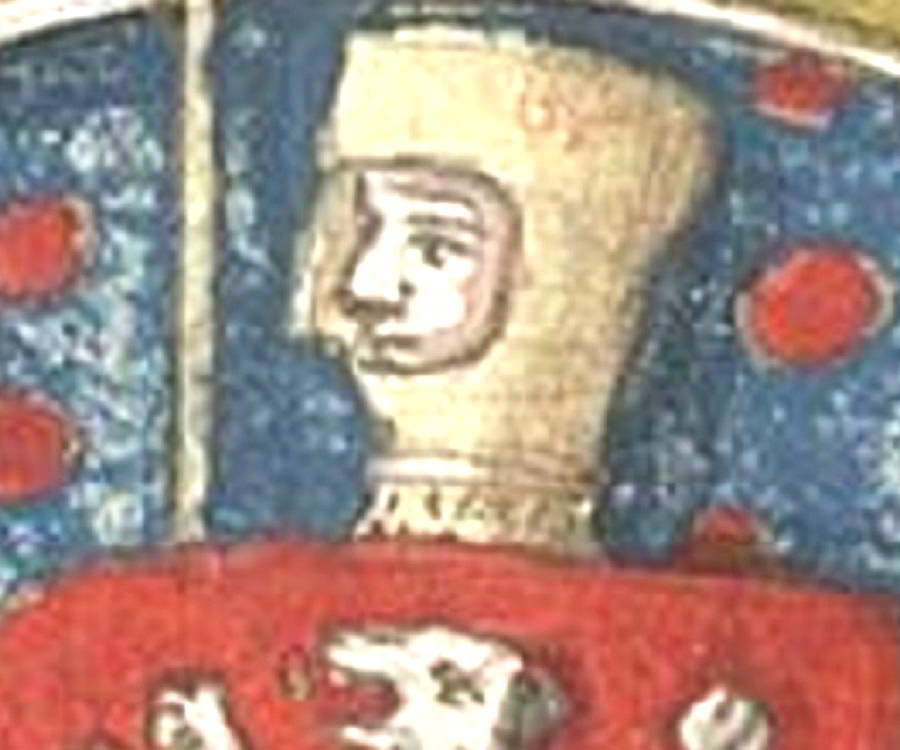
Simon de Montfort Biography Facts, Childhood, Family Life & Achievements
The earl and his retinue, including John FitzJohn, Giles d'Argentan, Fulk of Deane, Harry of Hastings, and Peter de Montfort, were at the center of the attacking force. As they began their advance at 7:30 am, Earl Simon spotted de Clare's banner atop the ridge. "That red dog will devour us today," said the earl.
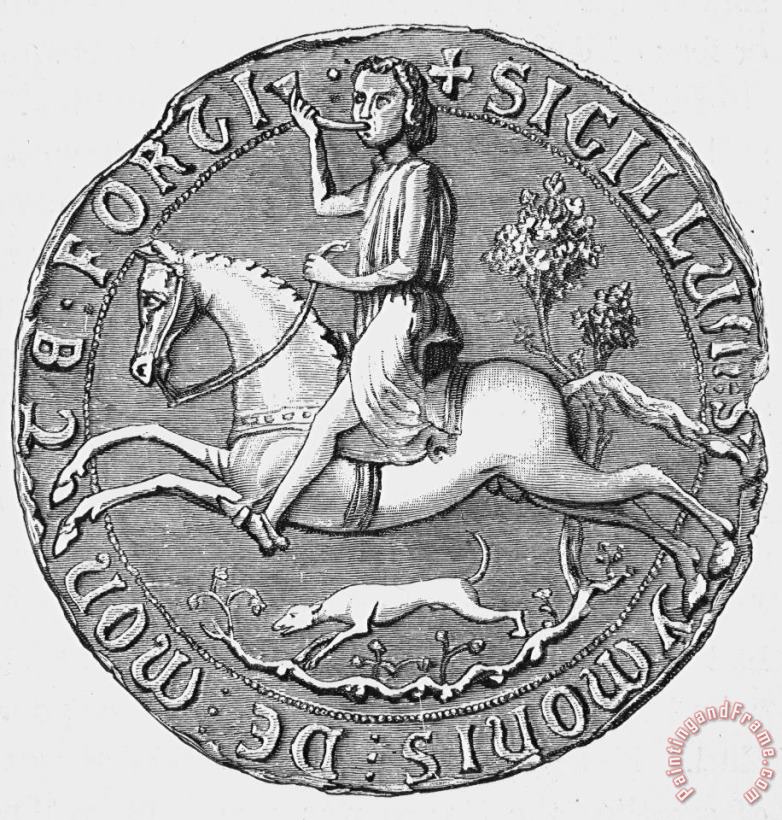
Others Simon De Montfort painting Simon De Montfort print for sale
What was the significance of Simon de Montfort? There are four reasons de Montfort is significant: Henry's son, Edward I, learned from de Montfort. He set up something called the Model Parliament based on de Montfort's ideas. It was the first time commoners had been represented in parliament. This was a significant step in the democratisation.